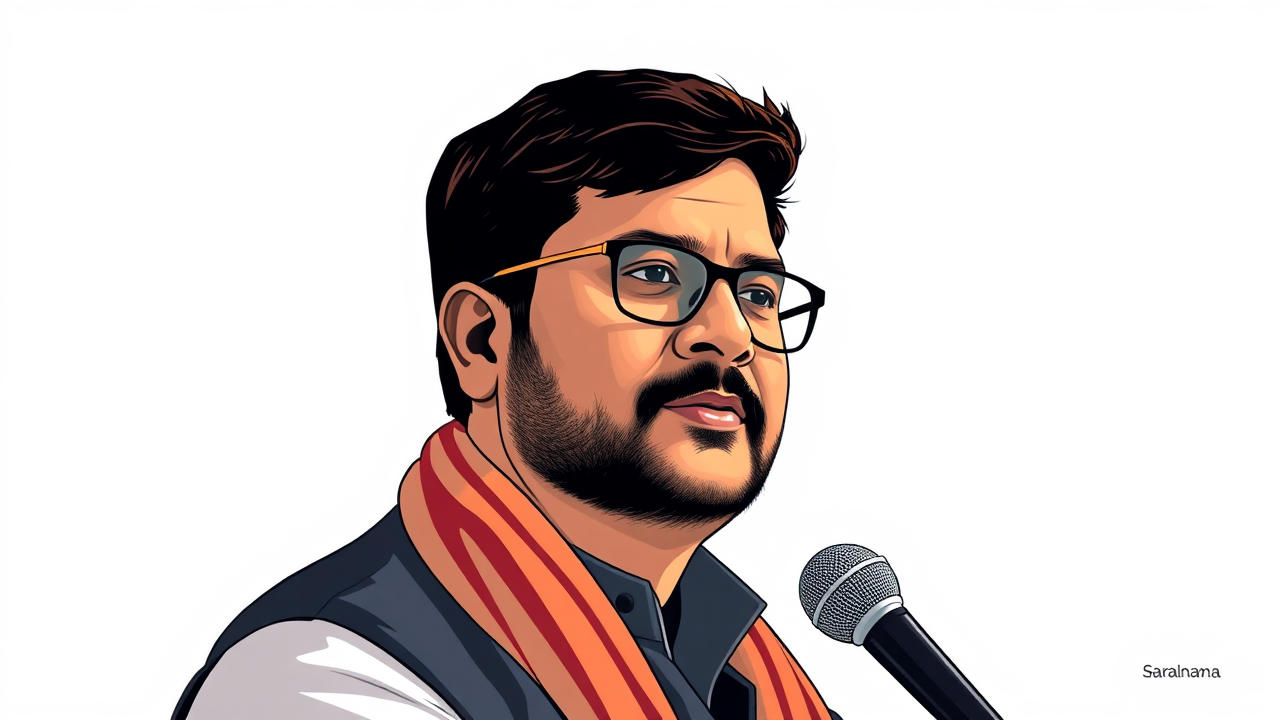Prashant Kishor has invested three years of relentless effort to establish his party, Jan Suraaj, in Bihar. The election strategist-turned-politician has emerged as a significant force in the state's politics, challenging both the NDA and Mahagathbandhan coalitions. Without a prominent surname, traditional caste base, or political legacy, Kishor built his identity through extensive padyatras spanning over two years, visiting homes across Bihar and emphasizing issues like education, unemployment, and migration. His party fielded candidates in nearly all 243 assembly seats within a year of its formation. Kishor claims strong support from returning migrants who stayed back after festivals, estimating that a substantial number will vote for his party. While some political observers believe his initial momentum has declined as the campaign became polarized between the two main alliances, others, including BJP insiders, worry he could secure 13-15% of the popular vote, potentially cutting into upper-caste and middle-class support. Kishor's relationship with Chief Minister Nitish Kumar soured in 2020 over the Citizenship Amendment Act, ending what could have been a political partnership. He plans to dedicate at least a decade to transforming Bihar, positioning himself as a mass leader in the state's political landscape.

Building a Movement from the Ground Up
Kishor's approach involved creating a bottom-up organization rather than aligning with established political structures. Over the past three years, he undertook extensive padyatras across Bihar, personally connecting with voters door-to-door. His efforts focused on addressing key concerns like education, unemployment, and migration that resonate with the youth. Jan Suraaj's social media presence has been remarkable, with Kishor claiming over 30 crore daily video views on the party's platform alone. The party fielded candidates in 243 seats within just one year of formation. His support base includes returning migrants who stayed back after Diwali and Chhath Puja, whom he estimates at 50-70 lakh people. Unlike his previous role as an election strategist helping established leaders, Kishor now leads his own political entity without traditional caste backing or political legacy.
Political Impact and Future Prospects
Political analysts view Kishor as a potential kingmaker in Bihar's electoral landscape. BJP insiders initially expected Jan Suraaj to capture 6-10% votes, dividing anti-incumbency sentiment against the Mahagathbandhan. However, projections now suggest he could secure 13-15% of the popular vote, potentially affecting upper-caste and middle-class support traditionally aligned with the BJP. His fallout with Nitish Kumar in 2020 over the Citizenship Amendment Act ended a promising alliance where Kumar had virtually declared him a successor. Kishor draws comparisons to Vishwanath Pratap Singh's 1987 campaign, though he chose to create his own party rather than forming a coalition platform. He envisions dedicating at least 10 years to transforming Bihar, positioning himself as the state's first genuine mass leader since Karpoori Thakur.
Source: Link
